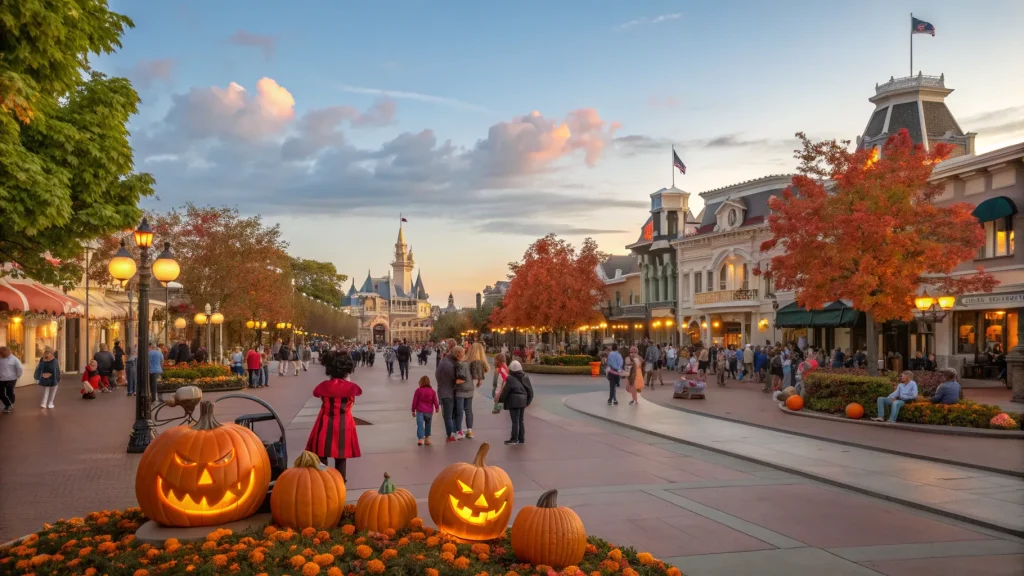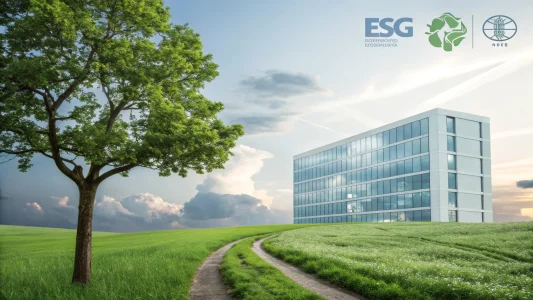Halloween is no longer just a night for trick-or-treating in local neighborhoods. The holiday has transformed into a significant travel occasion, with Americans increasingly planning trips around spooky celebrations and seasonal events.
Destinations across the country have recognized this shift, developing elaborate Halloween-themed attractions to draw visitors during what was once considered a shoulder season for tourism. Theme parks, hotels, historic sites, and entire cities now create immersive experiences that extend the celebration beyond a single night.
Table of Contents
ToggleTheme Parks Lead the Halloween Tourism Boom
Major theme parks have become frontrunners in Halloween tourism, investing millions in seasonal overlays and special events. What began as simple decorations has evolved into full-scale transformations featuring professional haunted houses, scare zones, and themed entertainment.
Parks like Universal Studios with its “Halloween Horror Nights” and Disney’s “Mickey’s Not-So-Scary Halloween Party” offer contrasting experiences – one catering to horror enthusiasts seeking intense frights, the other providing family-friendly fun. These events often begin in September and run through early November, extending the traditional Halloween timeframe.
Knott’s Berry Farm in California, which pioneered the concept with “Knott’s Scary Farm” in 1973, continues to draw massive crowds. Cedar Point, Six Flags, and numerous regional parks have followed suit with their own Halloween events.
Cities Embrace Ghost Tourism
Historic cities with rich pasts have capitalized on Halloween’s popularity by highlighting their supernatural heritage. Salem, Massachusetts — site of the infamous witch trials — sees its population swell from 43,000 to approximately 500,000 during October.
New Orleans, Savannah, and Charleston have developed thriving ghost tour industries that peak during the Halloween season. These walking tours combine local history with supernatural tales, drawing visitors who are interested in both education and entertainment.
Even cities without obvious connections to the macabre have created Halloween festivals and events to draw tourists during the fall season.
Economic Impact of Halloween Tourism
The financial benefits of Halloween tourism have become substantial for many destinations:
- Extended seasonal employment opportunities
- Increased hotel occupancy during traditional shoulder seasons
- Revenue from special event tickets, merchandise, and food
- Spillover spending in surrounding businesses
For theme parks, Halloween events can represent a significant portion of annual revenue. Universal Studios reported that its Halloween Horror Nights has become one of its most profitable seasonal offerings, with some locations seeing sold-out nights throughout the event’s run.
Hotels have joined the trend by offering Halloween-themed packages, decorated rooms, and on-site activities for guests. Historic properties with ghostly reputations often command premium rates during the month of October.
Evolving Beyond Horror
While haunted attractions remain popular, many destinations have expanded their Halloween offerings to include less frightening options. Fall harvest festivals, pumpkin patches, corn mazes, and costume contests provide alternatives for families and those who prefer celebrations without scares.
Cruise lines have also entered the market with Halloween-themed voyages featuring costume parties, themed dining, and special entertainment. These “spooky cruises” attract travelers looking to combine traditional vacation experiences with seasonal festivities.
The growth of Halloween tourism reflects broader changes in how Americans celebrate holidays, with increasing emphasis on experiences over material goods. For many travelers, the memories created during these seasonal trips hold more value than traditional souvenirs or gifts.
As Halloween continues to grow as a travel occasion, destinations will likely develop even more elaborate and immersive experiences to attract visitors during what has become a crucial period for the tourism industry.















